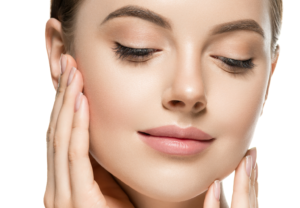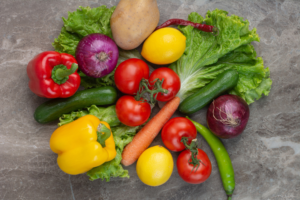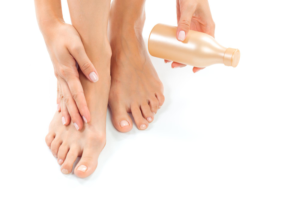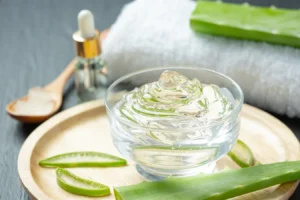It is well known that with time, the skin, especially the skin of the face, loses its shine and freshness, and then the first wrinkles appear. This is not only a problem for older people, but also for those not so young. From the age of 30, the loss of collagen can already be seen in the form of fine wrinkles.
So how can we slow down the passage of time and have fewer of those dreaded wrinkles?
We cannot fight against it without the factor least mentioned by the cosmetics industry, since it is a cheap and easy-to-obtain component: vitamin K.
It is the essential factor for blood coagulation and the healing process. If vitamin K is deficient, the body’s repair processes will be compromised and areas will appear that are not fully repaired. This is where a future wrinkle or skin fold will appear since we live in a continuous process of tissue replacement and repair.
More emphasis is placed on substances such as collagen, hyaluronic acid, fibrinogen, and magnesium, but very little is said about the great heroine, vitamin K, which together with E and D form the anti-aging trident.
At the request of Internet users, I will begin a series of talks on how we can slow down the signs of aging. In this way, we will declassify some of the hidden tricks of celebrities:
Signs of vitamin K deficiency: Bleeding gums, easy bruising, hematomas, presence of spider veins and micro varicose veins, premature aging, hair loss, muscle weakness, fatigue that does not resolve, loss of muscle mass, weak bones, and ligaments, hardening of cartilage, frequent colds or flu, headaches, slow recovery from illness, anemia, and facial wrinkles and folds, among others.
The intestine can indeed synthesize small amounts of vitamin K, but the passage of time and stress weaken the intestinal flora and its production decreases. The amount of vitamin K can be assessed by direct or indirect blood tests, hair analysis, or by the patient’s clinical picture and the experience of the doctor or professional in anti-aging techniques.
How to get vitamin K?
In our diet, we should eat green leafy vegetables, such as spinach, broccoli, or cabbage. Eat vegetables and fruits, especially those from the forest such as plums, blueberries, and grapes. Fish and egg yolks have gentle amounts of vitamin K. Another source of vitamin K could be red meat, but we must be consistent with its use.
For those who do not eat many salads, I suggest supplementing with vitamin K, but with certified products prescribed by a health professional.























+ There are no comments
Add yours